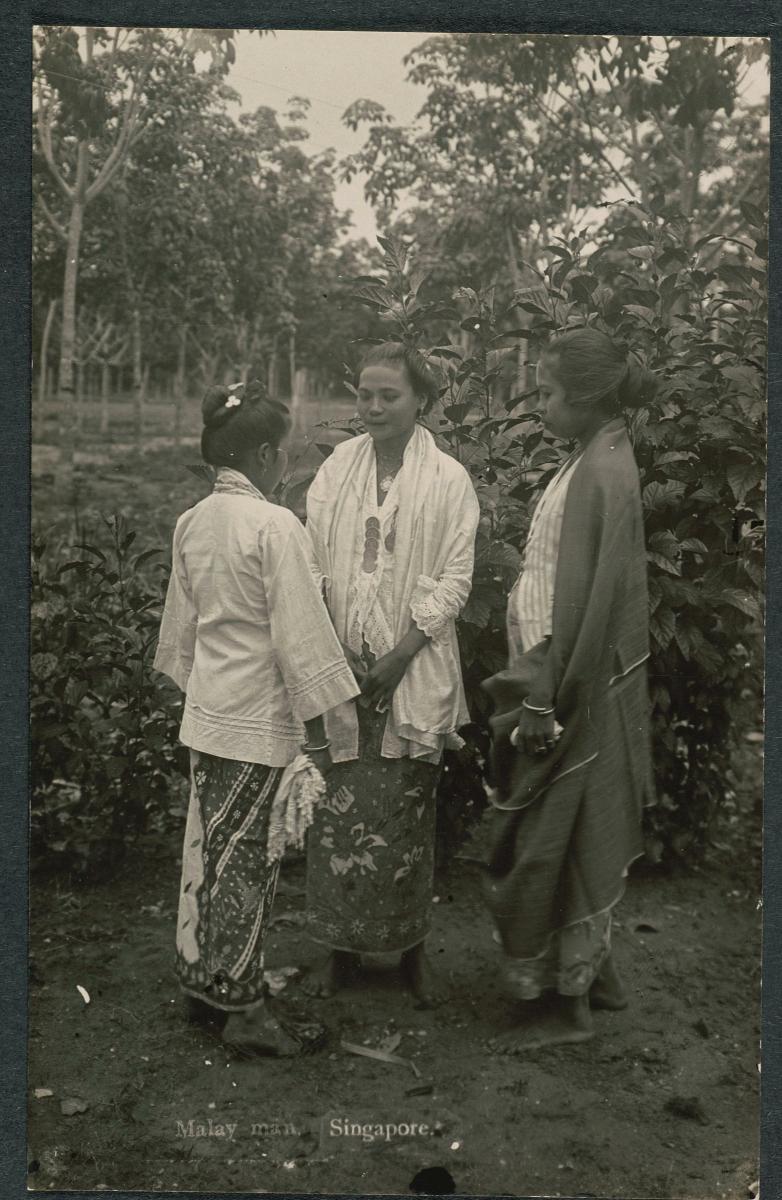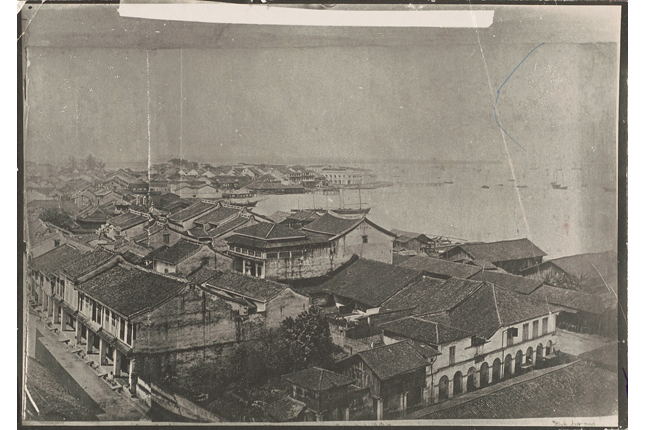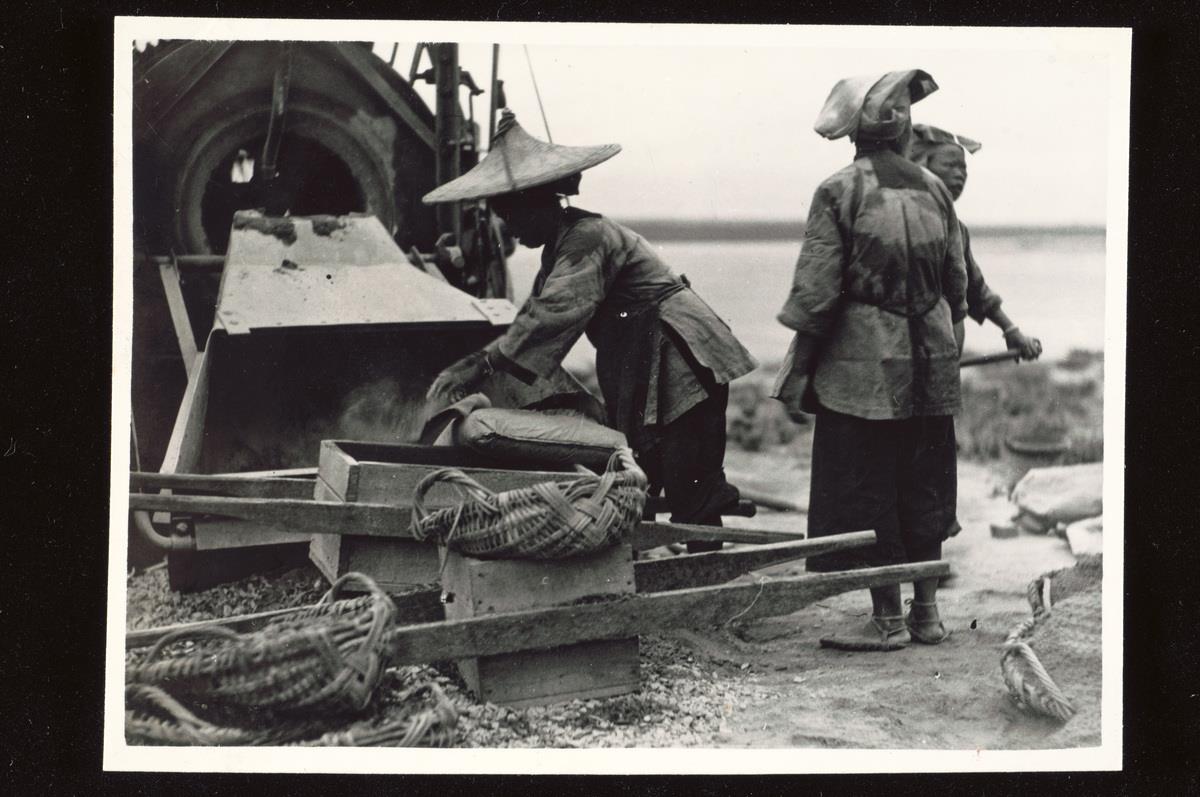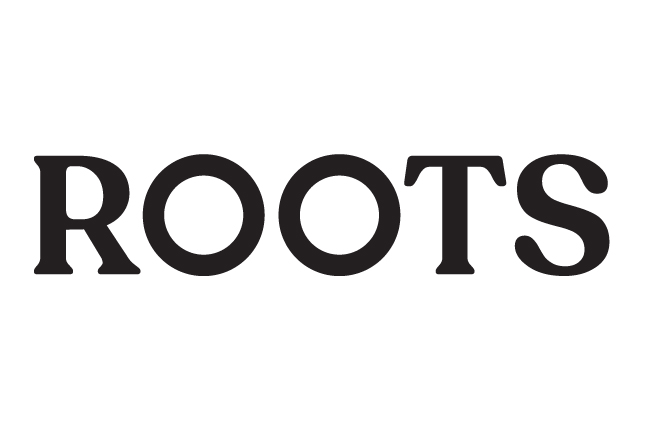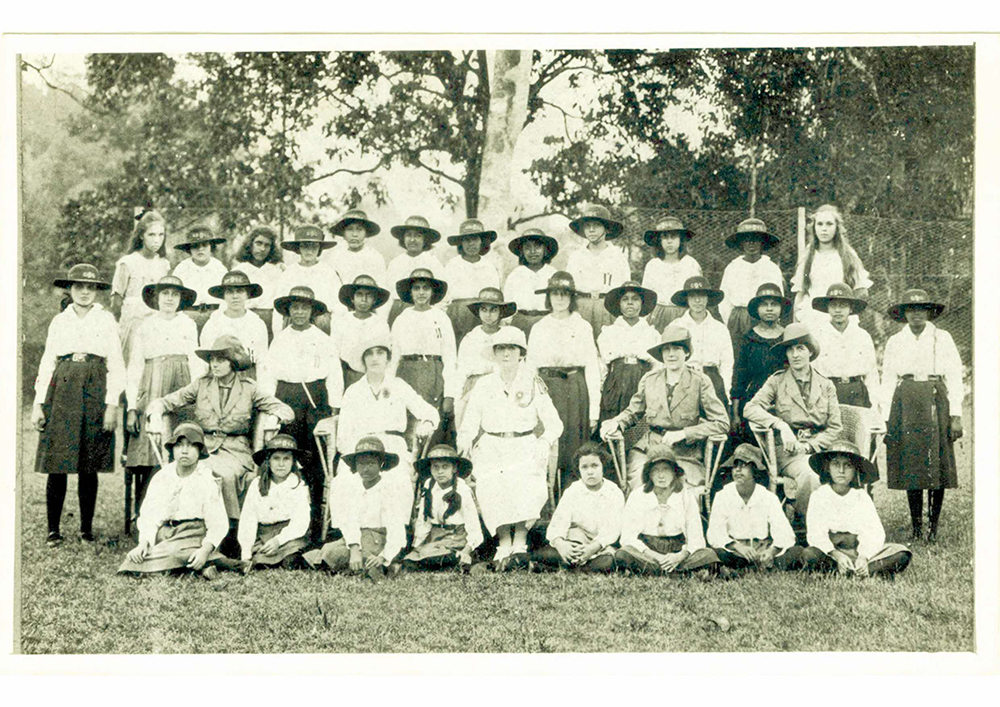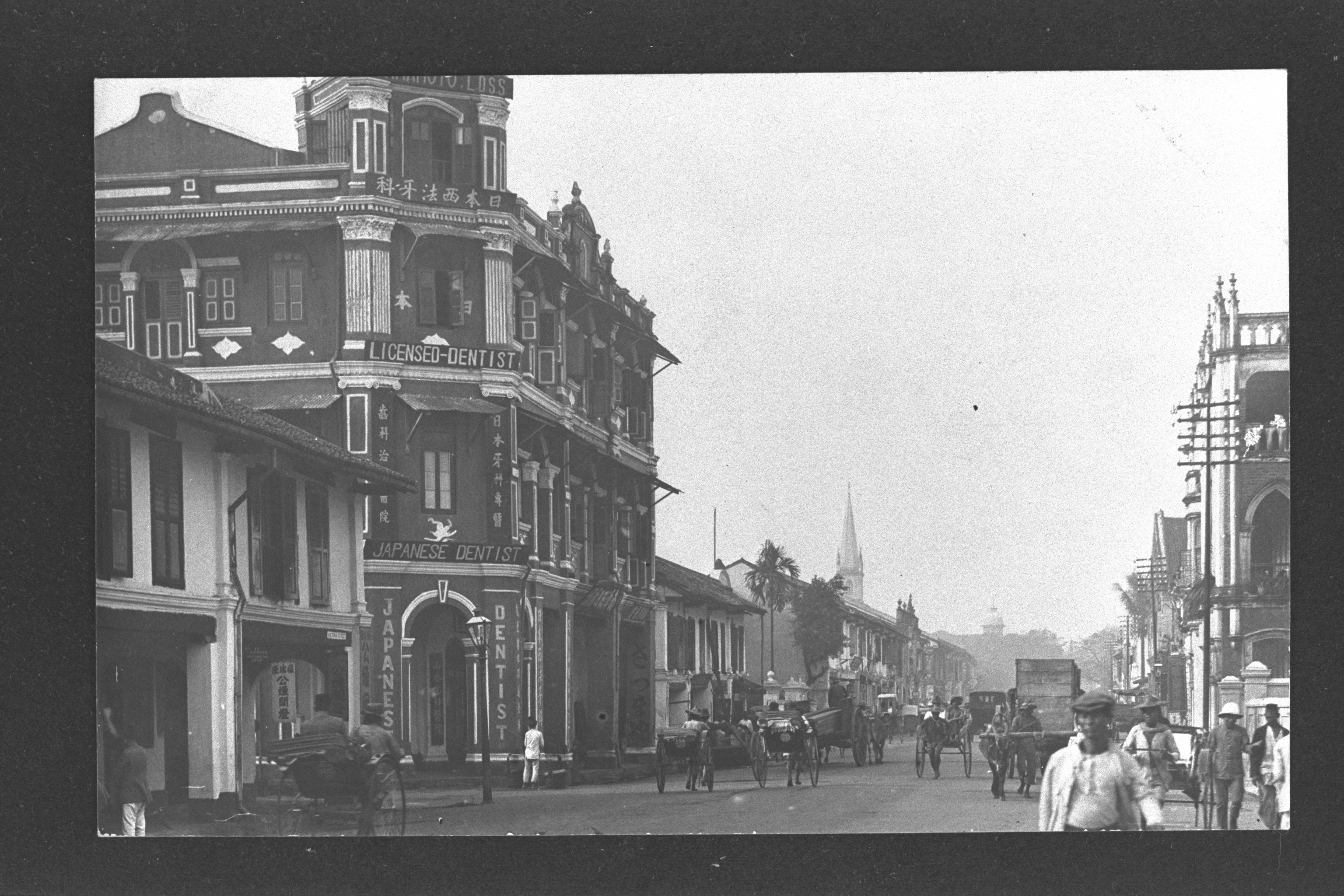Ever wondered what clans and associations in Singapore do? Well, we sure did, and here are some insights into our afternoon chats over kopi with these champions of Chinese heritage and culture.
Residing in the colourful shophouses along Chinatown, many are aware of the existence of clans and associations, but our understanding of them is often less clear.
A common one would be that they have ties to secret societies, according to Jack Tan, the 56-year-old Vice Secretary of the Chin Woo Athletic Association. However, he clarifies, the association conducts a careful screening of their members for links with secret society gangs as well as criminal activity, so that's one myth debunked.
Another is the belief that members of clans and associations comprise the elderly, and all they do is gather to chat and drink tea. Well, you may actually see members chatting over tea, but it is certainly not all they do.
While their day-to-day operations may not be the most glamorous, these clans and associations are culturally significant. Each representing a different cultural aspect of the Chinese community in Singapore, they play an integral role in preserving an important piece of our history.
Preserving Nanyin
Founded in 1941, Siong Leng Musical Association aims to promote and preserve traditional Nanyin music and Liyuan opera in Singapore. But what exactly is Nanyin music? Loosely translated, it means "music from the South", where the province of Fujian is in China.

Project Manager of Siong Leng, Seow Ming Xian, 23, explains, "Nanyin music originates from Fujian. The masters write books, articles, research papers and songs about Nanyin, but there are no documents in English that we can show to the English speaking community."

Hence, to bring its art to the uninitiated, Siong Leng performs annually at various places such as Thian Hock Keng and Kusu Island. The association also stages major productions locally and participates in music festivals overseas, gaining international recognition for its art forms.

Besides its yearly heritage performances and artistic productions, perhaps Siong Leng’s most important work resides in the translating and digitally archiving of Nanyin documents from the masters in the Fujian province of China. These documents mostly exist as physical copies, and the association is working on a cloud archival system to make these resources more accessible and available to everyone.
Are You a Li?
A traditional surname clan, Kwong Wai Siew Li Si She Shut takes in only members of the Li clan and family, as opposed to cultural clans and associations where membership is open to anyone.

While Kwong Wai Siew Li Si She Shut was initially set up 140 years ago to help the Li immigrants from China find jobs, housing, and to provide them with a place of shelter, that role has obviously ceased over time.

The clan now serves as a generational legacy that seeks to preserve the spirit of community within the Li clan and family. During Chinese festivals such as the Lunar New Year, Mid-Autumn festival and Dragon Boat festival, the clan will organise a huge celebration and invite members and their families to participate. Through these cultural festivals, the clan members try to teach the younger generations the meanings behind the festivals, to nurture their appreciation of Chinese heritage.
Values through Sports
Serving as a sports school in the olden days, where there were no public gyms or sports facilities, Chin Woo Athletic Association offered members training for a variety of sports when it was founded in 1921.

Over the years, the association has built up a reputation for its impressive lion dance and martial arts performances, and its members often perform at various festivals and events. In addition to performing, Chin Woo also teaches its motto to members as a way of passing down its culture and heritage. Translated to English, it reads, “Love one’s country, cultivate one’s character, righteousness, and helping others.”

Jack Tan, the 56-year-old Vice Secretary of Chin Woo Athletic Association, adds, “We teach them the Chin Woo motto so that they understand how to be loyal to our country, and be self-disciplined and kind to people. These are all part of Chinese values.”

What most may not know, though, is that Chin Woo’s history has strong ties with Singapore’s history, and one that the late Mr Lee Kuan Yew played a part in. According to the General Secretary of Chin Woo, Kwong Yuen Hung, Mr Lee used to watch their practice sessions as a boy at their training grounds, now known as Duxton Plain Park.
Kwong, 80, reveals that the values of Chin Woo resonated so strongly with Mr Lee that in 1965, he made a speech to the members of the association about enlisting in the army.
The Challenges Ahead
Though their cultural and historical significance is acknowledged, all three organisations admit that they face difficulties in keeping up with the times, especially when it comes to recruiting younger members.
While it is challenging, efforts have been made to reach out to the younger folk, and capture their interest. Siong Leng fuses its traditional Nanyin music with current genres like jazz; Kwong Wai Siew is planning to create an online presence; while Chin Woo tailors its performances to make them fun and enjoyable for the young, and organises overseas trips and performances. In the face of progress and modernisation, the associations will continue to work hard to capture the hearts and commitment of the next generation.
This article was developed for Singapore Heritage Festival 2017.






